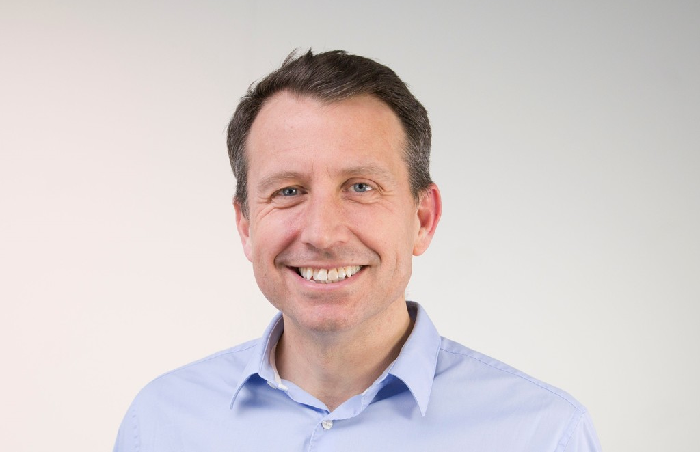
Employee Benefits Connect 2020: For pharmaceutical organisation Roche, inclusive practices are not a tick-box exercise, but a foundation for business success.
In a session titled ‘How inclusion impacts employee experience and can be used as a lever to attract future talent’, Andrew Armes, UK head of talent acquisition at Roche, outlined the organisation’s approach to inclusion as a core tenet of its culture, as well as a key element of its approach to fostering creativity and innovation in the mission to provide new solutions to unmet medical needs.
“Our purpose is ‘business for good’,” Armes said. “It is possible to do business, make money, and serve society at the same time; that is a fundamental philosophy that runs throughout Roche.
“This is part of the whole inclusion story. If the people working in our organisation don’t feel included, they can’t innovate. It’s very hard to innovate if you’re not feeling like what you have to offer, your potential, your brilliance, is not being included in what the organisation is trying to achieve.
“This is not a tick-box, ‘inclusion is just a great thing to do’ buzzword. If people are feeling unincluded, we are failing as a business.”
Armes also explained that inclusion is part of Roche’s journey to becoming a desirable employer. For this, external measurement and benchmarking is important, said Armes. To this end, in the most recent Sunday Times’ Best 25 Big Companies to Work For list, published this month, Roche was listed in the top four.
“We are on the journey to become the most admired employer in the UK,” Armes explained. “We think we have all the ingredients.”
Roche’s approach to ensuring employees feel they are in the right place at work starts at recruitment. The organisation asks applicants to take a self-aware approach to the recruitment process, outlining why a role caters to their wants and needs, and increases their sense of fullfilment beyond the more mercenary elements of pay, security and progression. This ensures that staff feel well aligned in their roles.
“What we do there is make for sustainable matches, rather than someone gaming the system and ending up in a role they aren’t a good match for,” said Armes. “We want to recruit and retain people with high self awareness.”
The session also looked at the importance of wellbeing. Roche provides staff with opportunities to take part in free guided meditations twice daily, and is about to introduce a mindful yoga benefit.
In addition, social wellbeing is highly valued at the organisation, and Armes asked delegates to consider the importance of building bridges and reducing the barriers between staff, even if this means conversations and interactions unrelated to the work at hand.
“Don’t judge the value of building relationships; not every conversation needs to be in service to the product,” he explained. “If we want to really innovate, we have to remove the separations between us.”
Finally, Armes outlined that creating a culture of inclusion, cohesion and creativity necessitates support from the top: “You can change a system from within, but it’s a lot harder. An argument that no longer exists is that a business will be no longer successful if you look at inclusion. There’s so much data out there to show that if all employees feel included you are more likely to be successful, so you can build the business case and put it in front of [leadership]. If you’ve got leadership on side, it’s a whole lot easier.”